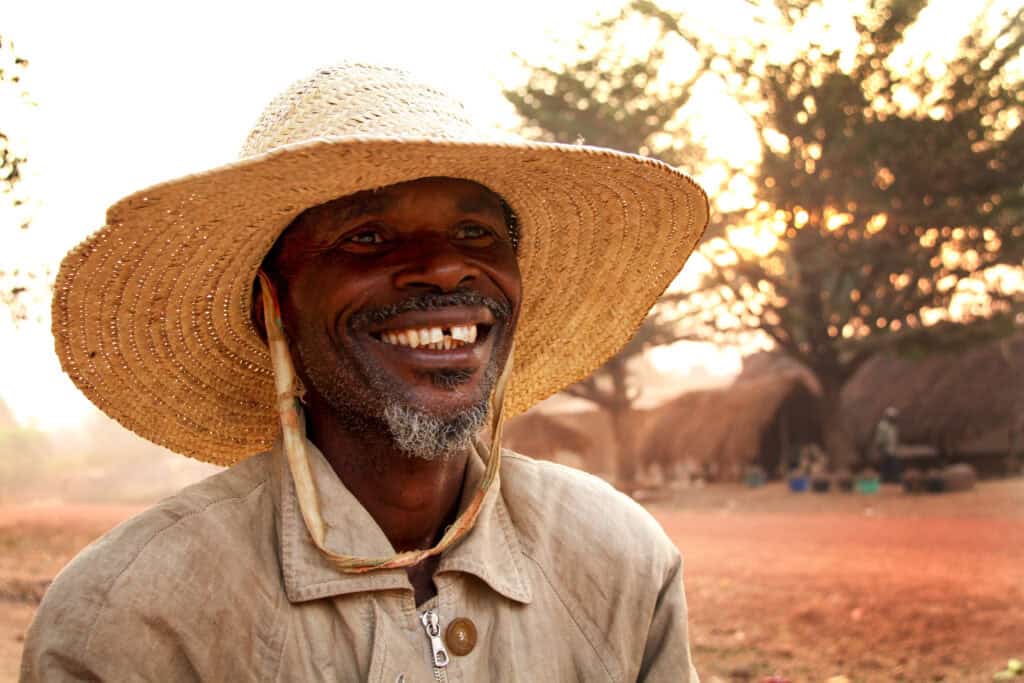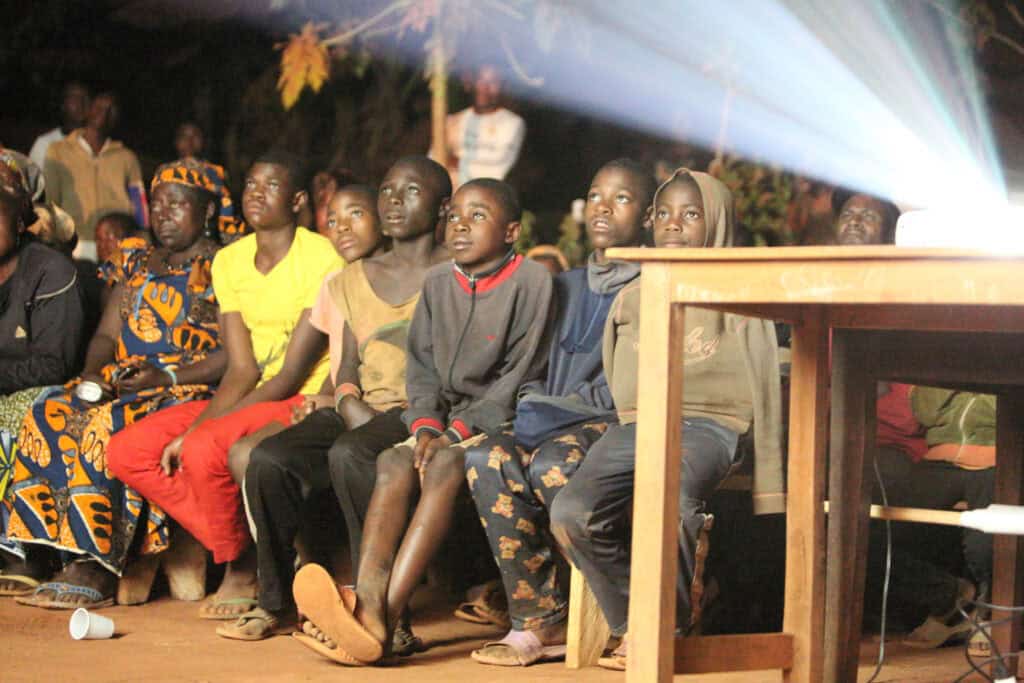Adiru* had always known how to survive. A farmer on the Ndop Plain in Cameroon, he was skilled at pushing through seemingly endless difficulties and hardships. What he didn’t know was where he could find lasting hope and comfort. But translated Scripture in his own language, Bambalang, would change that.

Life on the Ndop Plain is plagued by uncertainty. Tensions between the government and insurgent groups have simmered for years, erupting into a civil war that has forced people to flee their homes. The geography of the region is also challenging: while its fertile alluvial soil is excellent for farming, the Ndop Plain is prone to regular flooding and landslides.
Although not as visible as political violence and natural disasters, the spiritual battle in Ndop is no less real. Many people are trapped in a pattern of fear to appease evil spirits. The Bible has long been available in the national languages of Cameroon—English and French—but it is often seen as foreign, and a reminder of Cameroon’s colonial past. However, Bible translation work in local languages is beginning to help people see God’s Word in a new light. That’s what happened to Adiru.
In 2015, Adiru was invited by a friend in his village to watch a movie based on the Gospel of Luke and dubbed in Bambalang. A Wycliffe team stretched a large sheet of cloth over a wooden frame to erect a makeshift outdoor screen, and soon people from all over the village were gathered in the cool of the evening to watch the film. The visuals were engaging, but what truly gripped Adiru was hearing Christ’s offer of new life for the first time, in his own language.

Photo credit: Natasha Schmale
The film so touched Adiru’s heart that he wiped all the content from his personal SD card so that he would have room to store the Luke film. He wanted to share it with others. The Wycliffe team was happy to see his excitement that evening in 2015, but it would take almost a decade before they would hear how it had transformed his life.
In 2024, Adiru happened to again meet one of the Wycliffe team members at a local funeral. Moved by the memory of viewing the Luke film for the first time, he shared, “Thank you for the ‘God film’ you gave me years ago. From it, I have learned the way to life and I am closer to God in ways that you cannot understand.”
For Adiru, the story doesn’t end with his own heart change. He is passing it onto his children, along with his copy of the Luke film. “My children took that film with them to school outside of the village,” he says. “I left it with them because it will help them. Having seen it as a great treasure, I want to buy two [more] of those [SD] cards for myself and my wife.”
Adiru’s life is still full of challenges. The armed conflict in Ndop has forced him and his family to flee to a safer area where they can continue farming. But he now knows lasting hope and comfort from the God who speaks his language.
*pseudonym
When people encounter God through His Word, it transforms them. But without Scripture in their own language, they may never have that opportunity. Before the year ends, would you consider sharing the gift of Bible translation in a region like the Ndop Plain? You’ll enable people like Adiru to access Scripture and to share it with others. Visit wycliffe.ca/yearend/ to learn more.

